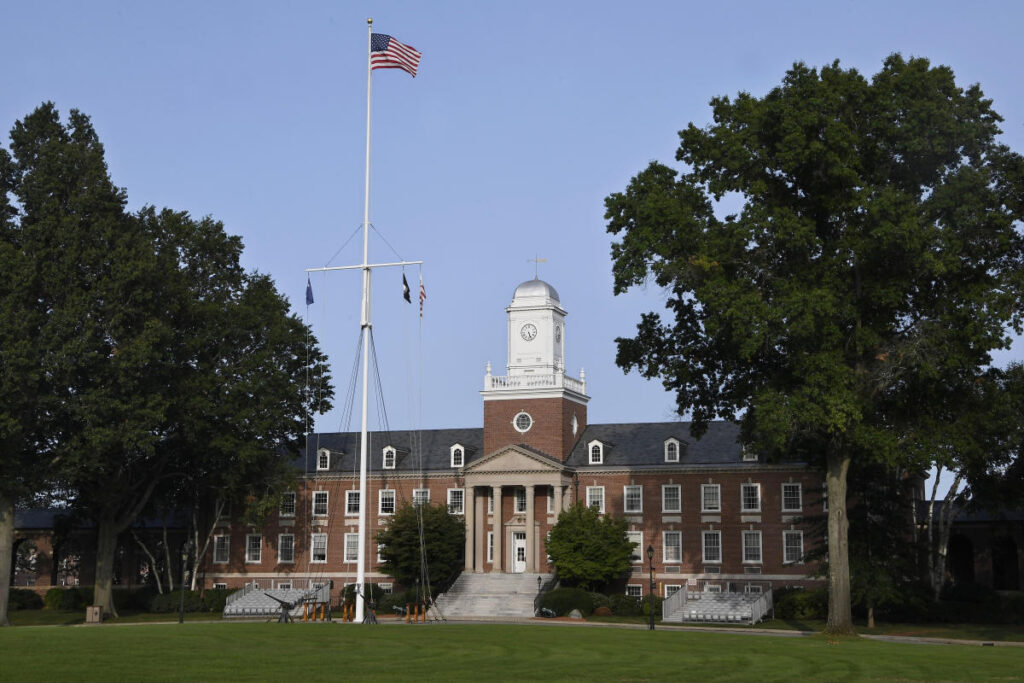A recent report by the Senate Permanent Subcommittee on Investigations has revealed that former top officials in the U.S. Coast Guard deliberately concealed a long-running investigation, known as Operation Fouled Anchor, which examined numerous allegations of sexual assault and harassment at the Coast Guard Academy. This investigation spanned from 2014 to 2019, covering more than 100 allegations dating back to the early 1990s through 2006. Disturbingly, the Coast Guard did not disclose the existence of this investigation to Congress or the public until last year, leading to accusations of a systematic cover-up. Senator Richard Blumenthal of Connecticut expressed concerns about the implications of the findings, emphasizing that the public and the survivors of these incidents deserve transparency and accountability.
In response to the subcommittee’s report, a Coast Guard spokesperson reiterated the organization’s commitment to addressing the issues of sexual misconduct and to supporting victims. The spokesperson highlighted ongoing efforts aimed at preventing such crimes and ensuring justice for survivors. These statements come in the wake of increased scrutiny and frustrations from victims and advocates after the findings of the investigation. The Coast Guard’s previous apologies and initiatives for improvement, while noted, have not quelled the criticism surrounding its handling of sexual misconduct complaints and the fallout from these revelations.
Operation Fouled Anchor has unveiled a troubling pattern of mishandled cases where cadets were subjected to sexual assault and harassment, with many offenders left unpunished. After the investigation’s findings were publicized, they sparked demands for reform within the organization and calls for accountability from both the perpetrators and the officials who allowed such misconduct to persist. Many former cadets have come forward to advocate for accountability, formally submitting complaints detailing their experiences. This situation has resulted in increased pressure on the Coast Guard to not only acknowledge past failures but to make substantial changes to prevent the recurrence of such incidents.
The subcommittee’s findings point to a session in 2018 where Admiral Karl Schultz, the commandant at the time, decided against disclosing the investigation publicly, citing incomplete findings and concerns over victim privacy. His decision was aided by discussions with Vice Commandant Admiral Charles Ray, who weighed the pros and cons of going public. Ultimately, the choice to keep the information concealed was framed around the potential risks of triggering further investigations and media attention, while both leaders maintained that the issue was largely historical. This decision underscores a significant ethical dilemma within the organization regarding how to handle allegations of misconduct.
Further compounding the allegations of a cover-up, the report also revealed that the Coast Guard drafted multiple versions of the Operation Fouled Anchor report, with later versions significantly reducing the detail recounted in earlier drafts. This raises serious questions about the transparency and thoroughness of the investigation’s findings. The subcommittee focused on the apparent lack of cooperation from the Coast Guard during its inquiry, accusing officials of not adhering to requests for documents, extensively redacting materials, and inappropriately classifying certain documents as privileged. In turn, the Coast Guard defended its actions, stating its compliance with document requests while also conducting a thorough examination of extensive internal communication.
As the congressional subcommittee continues its investigation into this matter, the ramifications of these findings resonate deeply within the Coast Guard and the broader context of military and institutional accountability. The reports suggest a systemic failure within the organization to confront its history of sexual misconduct seriously and transparently. By withholding crucial information from Congress and the public, Coast Guard leadership prioritized the avoidance of scrutiny over the well-being of victims. This situation not only implicates the integrity and trustworthiness of the Coast Guard but also raises broader concerns about the protection and support provided to survivors of sexual misconduct within military environments. The commitment to reform and accountability within the Navy, as highlighted by this investigation, will be crucial for rebuilding trust and ensuring that such actions are adequately addressed in the future.

